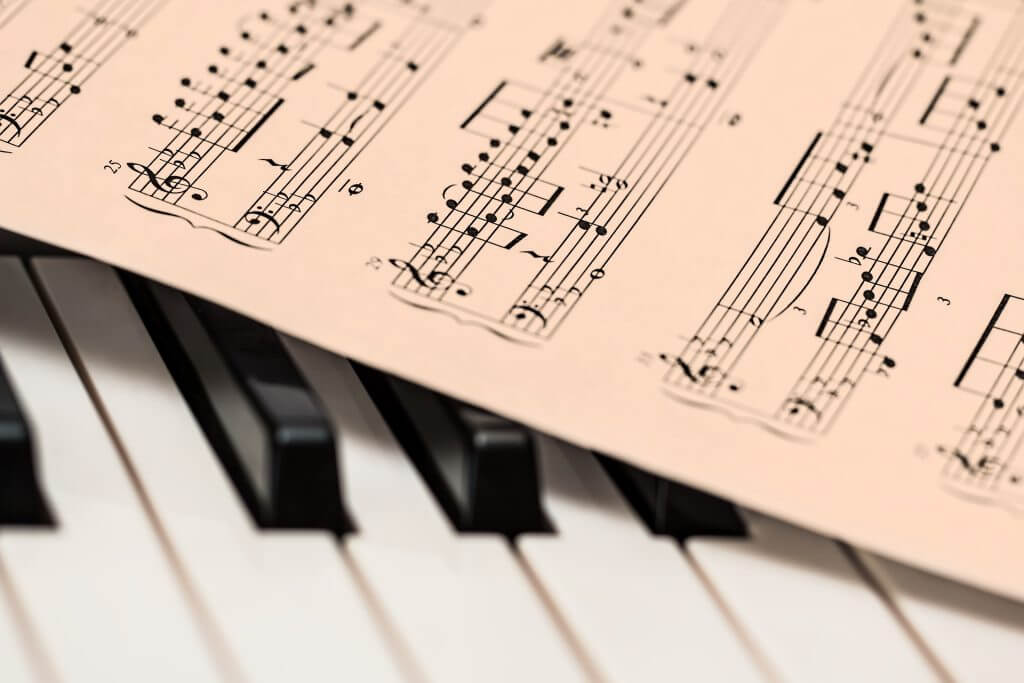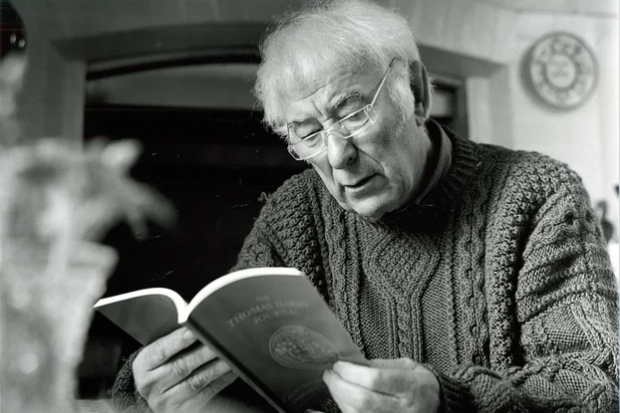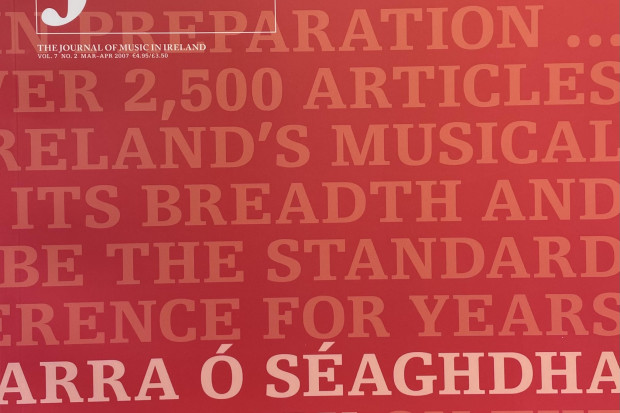
Composition and Criticism
To judge from Ian Wilson’s response to my recent article about the rather chaotic state of contemporary composition and criticism, it would seem that I have touched a raw nerve. This is unmistakeably suggested by the tone and general tenor of his comments, which strike one as surprisingly defensive. In striking contrast to a long and distinguished tradition of criticism which regards many aspects of contemporary composition as intensely, almost bewilderingly problematic, Wilson hastens to assure us that it does not present difficulties of any kind, conceptual, aesthetic or otherwise. All composers, no matter what they write, are, without any apparent qualification, contributing to the ‘wonderful range of self-expression in contemporary music’. The possibility that someone could write a work that is dull or inept does not appear to arise. A listener misguided enough to express doubts about a piece of new music can be summarily pigeon-holed and dismissed as a ‘reactionary pundit’ who wishes to ‘constrain’ artistic freedom. And if critics or writers on music fail to find individual pieces of contemporary music persuasive or interesting, their reservations are all spurious, illusions born of ignorance or misunderstanding – since, clearly, no fault is ever be found with the music itself.
One would naturally prefer to resist the uncharitable view that Wilson has been led to express such opinions out of self-serving motives. He may well be quite sincere in his belief that all the music being composed at present is of uniformly remarkable quality – although one might find it difficult to take such an undiscriminating, Pollyanna-ish view terribly seriously, since it stretches credibility rather too far. It is more likely, I suspect, that Wilson has been led to formulate his position in this extreme and rather implausible manner for other reasons. Wilson clearly regards the essays in Reviving the Muse (as well as my article) as ignorant and philistine attacks on modern music, which seek to discredit it in its entirety and rob composers of hard-won artistic freedoms. If this were in fact the case, then Wilson’s defensiveness and the rather bellicose manner in which he takes the perpetrators to task would be amply justified. But unfortunately, his comments on Reviving the Muse suggest that he has not read it with any great care.
If he had, he might have noticed that neither the authors of that collection, nor I, for that matter, ever suggested that it was not possible to compose good music in some of the various contemporary idioms now current. Neither did anyone propose that compositional freedoms should be restricted in any way. The eminently reasonable point was made by several of them, however, that not every employment of those freedoms by composers necessarily resulted in interesting music. Amongst the contributors were no less than seven composers, including eminent figures such as Robin Holloway and David Matthews, whose articles completely give the lie to Wilson’s contention that composers are free from disquiet about the present state of affairs. And when one considers that commentators of the calibre of Adorno, Donald Mitchell and Hans Keller – to mention only a few names – have also expressed disquiet about certain trends in contemporary composition since the Second World War, Wilson’s remarks about critics and ‘reactionary pundits’ begin to sound rather silly. (Incidentally, the question of who and what is reactionary nowadays is a very interesting one, compositionally speaking. Composition teaching largely takes place nowadays in the universities and too often seems to consist of the uncritical transmission of unimaginative academic orthodoxies every bit as stultifying and inhibiting of genuine creativity as those of previous centuries – but that is another story.)
Neither does Wilson appear to have read my article very attentively. For one thing, it was not a review of Reviving the Muse, as he seems to think: it was, in fact, a version of a lecture delivered last October in Dublin – a fact clearly advertised in the magazine. The book was simply used as a starting point for discussion. And if he cares to re-read my article, he will also find that I never described its authors as ‘a bunch of arch-conservatives’ – on the contrary, I took care to emphasise expressly I thought they were nothing of the kind. Neither did I express any of my personal views on the subject of composing, let alone look to the authors of this collection for support for them.
But irritating though this may be, it is far less serious than Wilson’s persistent attribution of attitudes to me that I simply do not hold. What Wilson presents as a paraphrase of my article outlines the views of a narrow-minded reactionary bigot, imbued with such distaste for all modern music that he would almost like to see it banned. If such a person existed, I could scarcely blame Wilson for feeling antipathy towards him; but I would be very grateful if he would not continue to confuse this caricature with me, for to suggest that these views are also mine is irresponsible and unfair. Finally, as far as my views on Schoenberg are concerned, I am confident that they can be amply substantiated and are anything but ‘skewed and sensationalised’. I hope to have the opportunity to demonstrate this before too long in an article in the pages of this journal.
Published on 1 March 2004

















